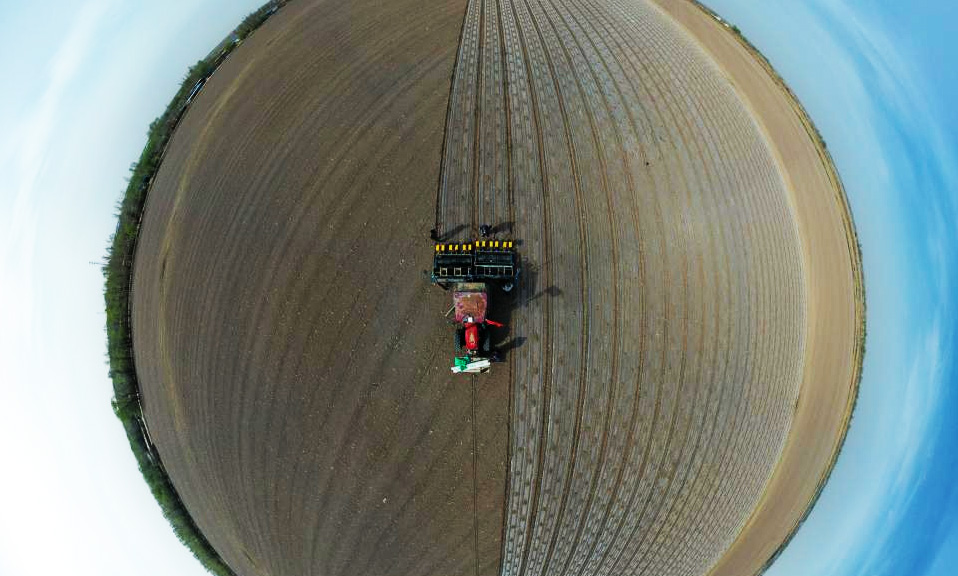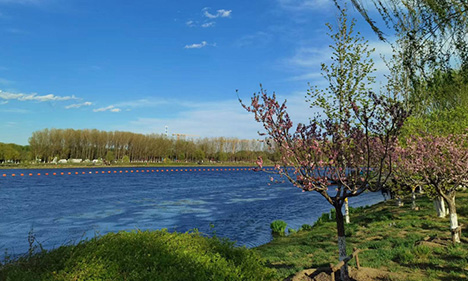Reading with Xi Jinping | Don Quixote
You must have heard of the book Don Quixote (The Ingenious Nobleman Sir Don Quixote of La Mancha). It is considered to be the first modern novel in the history of Western literature as well as one of the most internationally well-known and influential works of literature from Spain.
On Nov. 27, 2018, a signed article by Chinese President Xi Jinping was published on Spanish newspaper ABC ahead of his state visit to Spain. Xi said in the article that Miguel de Cervantes made repeated mentioning of China in his writings, and The Ingenious Nobleman Sir Don Quixote of La Mancha is a popular masterpiece among Chinese readers.
Miguel de Cervantes is widely regarded as the most important writer in Spanish literature. Much of his life was spent in a state of poverty and full of hardship. His works reflect the wisdom and rich life experiences of people at the bottom of society.
With rural areas as its backdrop and ordinary people as its protagonists, the novel has more than 700 characters and contains over 200 sayings and proverbs that were taken from Spanish folklore at the time. The novel reveals the ignorance, hypocrisy and brutality of feudal rulers and promotes the progressive ideas of Renaissance humanists who rejected feudalism and advocated the emancipation of the individual.
Don Quixote, the title character of the novel who fights windmills, sees herds of sheep as armies, constantly fights for justice and goes all out to eliminate evils, has been a beloved hero for generations of readers.
I know that the path of virtue is strait and narrow, and the road of vice broad and spacious. I know also, that their end and resting-places are different; for those of vice, large and open, end in death; and those of virtue, narrow and intricate, end in life, and not in life that has an end, but in that which is eternal.
How does the novel give spiritual strength to people facing difficulties? Let’s read the book to find out.
(Web editor: Zhang Wenjie, Du Mingming)
 Rare silver pheasants flock together in greater numbers to forage at Yishan nature reserve in east China's Jiangxi
Rare silver pheasants flock together in greater numbers to forage at Yishan nature reserve in east China's Jiangxi Young artist takes up brush to create lifelike paintings expressing mankind and nature’s harmonious co-existence
Young artist takes up brush to create lifelike paintings expressing mankind and nature’s harmonious co-existence Cutton farming in full swing in China's Xinjiang
Cutton farming in full swing in China's Xinjiang Spring scenery along section of Grand Canal in Beijing
Spring scenery along section of Grand Canal in Beijing





